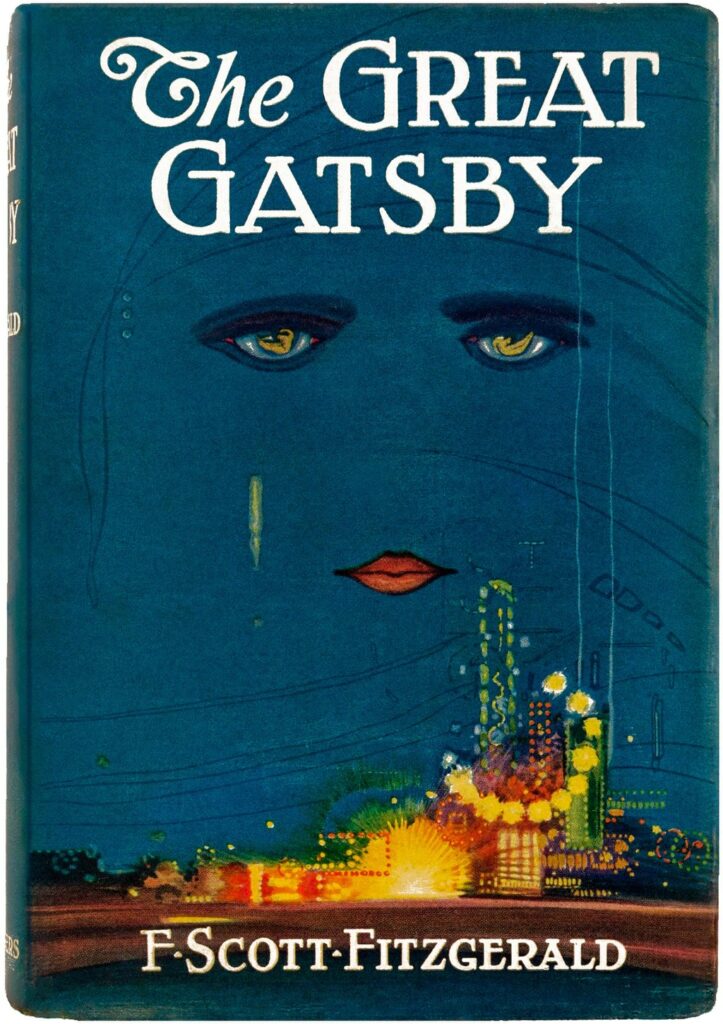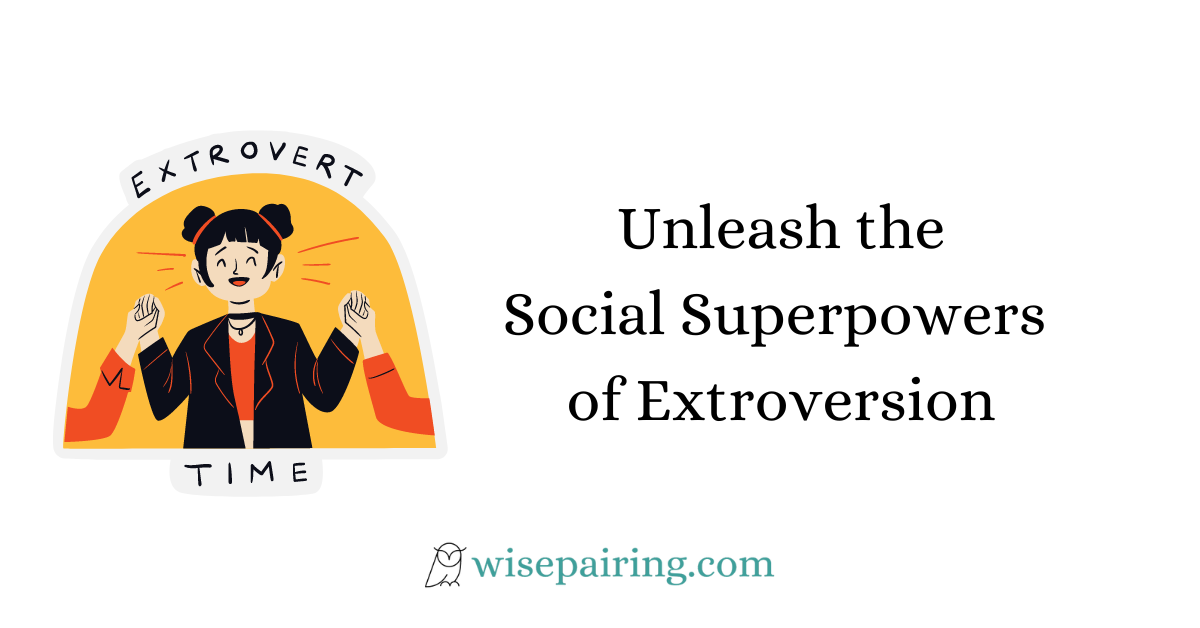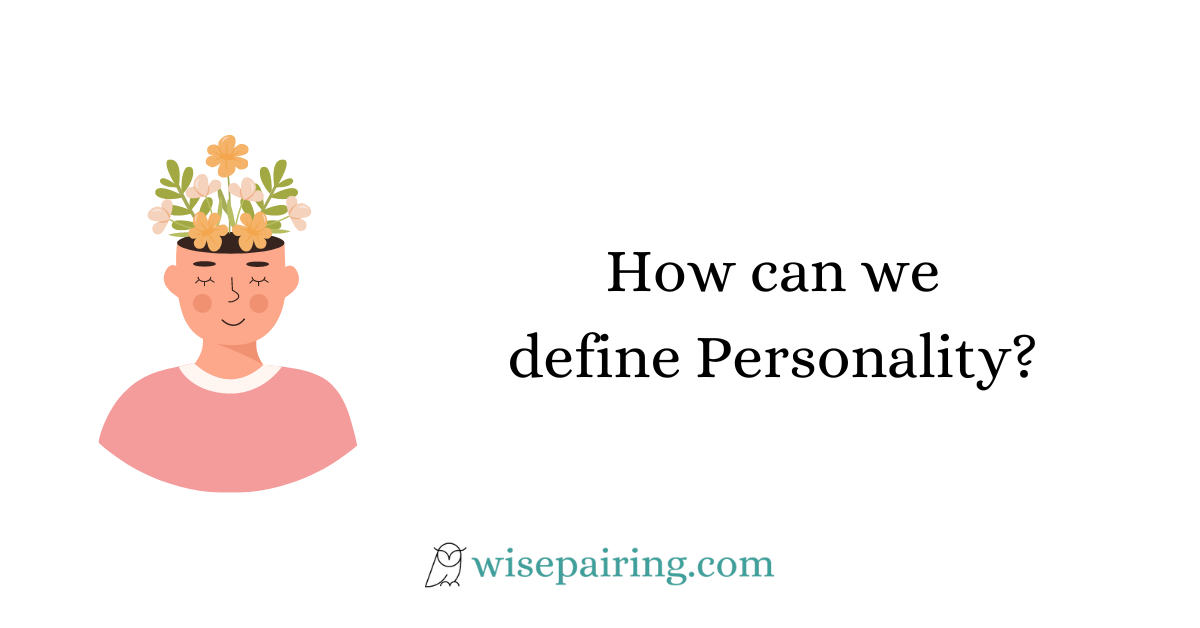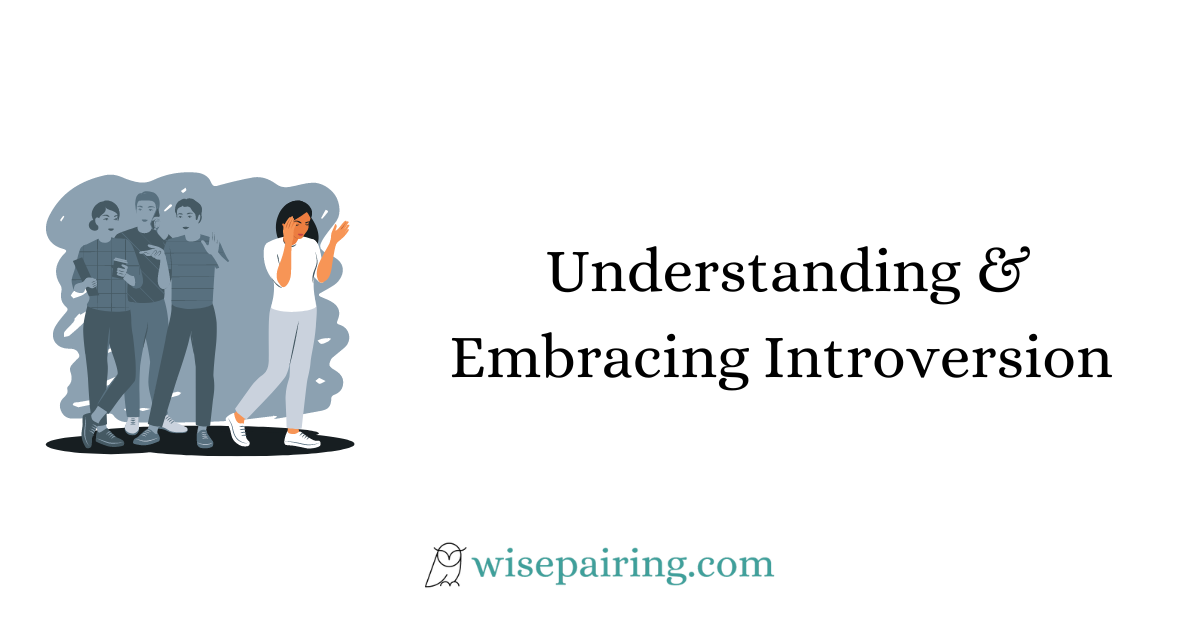The Unexpected Gifts from a Tale of Fiction
As a 49-year-old man, I have trodden multiple paths, visited countless corners of the globe, met diverse souls, and experienced the varying hues of life.
Yet, nothing has brought me as close to the breadth and depth of human existence as the many fictional stories I’ve devoured over the years.

From the whimsical journeys in the land of Narnia to the thrilling escapades of Sherlock Holmes, and the tragic romance of “The Great Gatsby” – each tale has left a profound mark, nurturing my psyche, widening my worldviews, and engendering inexplicable cravings for more fiction.
But what is it about fictional narratives that has me, and so many of us, enchanted?
Why Do We Seek Refuge in Fiction?
Fiction offers an escape, a refuge from the humdrum of daily life.
It provides us an alternate universe, a respite from the unending barrage of reality.
It is in these alternate worlds where we laugh, cry, fall in love, and confront our darkest fears, all from the safety of our couch.
This very escapism, the opportunity to momentarily ‘live’ another life, satiates our craving for change and novelty.
Is Fiction a Doorway to Experiencing the Impossible?
Indeed, fiction allows us to transcend the boundaries of reality, time, and geography.
Through the compelling narratives, we can converse with ancient philosophers, befriend alien beings, or navigate dystopian futures.
This ability to experience the impossible stretches the limits of our imaginations, paving the way for creativity and innovation, fueling our thirst for fiction.
How Does Fiction Nurture Empathy?
Fiction serves as a conduit to human emotions, often bringing us face-to-face with situations and characters that we might never encounter in our lives.
This exploration of diverse perspectives, emotions, and cultures fosters empathy, enhancing our emotional intelligence.
This vicarious living through a plethora of fictional characters expands our understanding of the human psyche and our interconnectedness, which, in turn, makes us crave more.
Fiction Makes Us More Resilient
In its multifaceted narratives, fiction often imparts valuable life lessons.
Characters overcoming adversities, enduring failures, and achieving redemption can inspire resilience and foster hope.
Fiction can prepare us to navigate the labyrinth of life, making us mentally and emotionally resilient.
This subtle transformation that fiction brings about is a significant reason why we keep going back to it.
Do We Seek Ourselves in Fictional Characters?
In the process of identifying with fictional characters, we often engage in a journey of self-discovery.
Fiction becomes a mirror, reflecting our virtues, flaws, desires, and fears.
This process of self-reflection and introspection incites personal growth, and thus, the lure of fiction persists.
Fiction is a Source of Intellectual Stimulation
Engaging with fiction is not a passive act. It prompts us to question, analyze, and deduce.
The plot twists, the underlining themes, and the moral dilemmas keep our brains engaged, fostering critical thinking and intellectual growth.
It’s this cerebral engagement that keeps us hungering for more tales.
Fiction Fosters a Sense of Belonging
Shared interests in a particular book or a fictional universe often give rise to communities. These fan bases or book clubs provide a platform for discussions, debates, and shared enthusiasm, promoting a sense of belonging. This social aspect of fiction can make it quite enticing.
Fiction Can Help Us Cope with Our Mortality
Fiction frequently deals with life’s biggest questions, including the most profound one – mortality.
It offers varied interpretations of life and death, existence and oblivion.
This exploration can provide comfort, perspective, and a means to grapple with our mortality, making fiction a refuge we often seek.
How Does Fiction Shape Our Dreams and Aspirations?
Fictional narratives, with their heroic characters and epic journeys, can have a profound impact on our aspirations.
They can inspire us to dream, challenge norms, strive for success, and even ignite a yearning for adventure.
This shaping of our dreams and ambitions might be why we continually turn the pages.
Fiction Makes Us More Human
In its essence, our insatiable craving for fiction is a testament to our quintessential human attributes: our capacity for empathy, our quest for knowledge, our innate resilience, our ability to dream, and our yearning for connections.
It is through fiction that we explore the depths of human experience, and perhaps, it’s this exploration that makes us more human.

In essence, our appetite for fictional tales is more than a mere pastime; it’s a crucial element in our journey of understanding life and ourselves.
Each story we delve into uncovers a piece of the intricate jigsaw puzzle that is the human experience.
So here’s to the world of fiction, the craving it elicits, and the myriad lessons it imparts. Long may we continue to turn the pages, unraveling more about the world and ourselves in the process.
Diving Deeper Into The Realm Of Fiction
Well-Developed Characters: Great fiction creates characters that feel real and relatable. These characters are fully developed with their own personalities, backgrounds, and flaws. They change and grow throughout the story, learning from their experiences. Readers become invested in these characters, feeling a range of emotions for them.
Engaging Plot: The plot in a piece of great fiction is never predictable or mundane. It hooks readers from the beginning, takes them on a rollercoaster of ups and downs, and finally, leads them to a satisfying conclusion. The plot should be cohesive, keeping the reader engaged and curious, eager to know what will happen next.
Vivid Setting and Description: The setting in great fiction is more than a mere backdrop; it’s an integral part of the story. The author uses descriptive language to create a vivid picture of the place and time where the story unfolds, making readers feel as if they are actually there. The setting can influence the plot and the characters’ behavior, adding depth to the story.
Thought-Provoking Themes: The best fiction tackles profound, universal themes such as love, loss, revenge, power, or identity. These themes make the story relevant and relatable to the reader, regardless of their background or life experiences. They provoke thought, challenge beliefs, and encourage readers to see the world from different perspectives.
Distinctive Voice and Style: Great fiction has a distinctive voice and style that sets it apart. This voice could be in the form of the author’s unique writing style, the narrative technique, or the characters’ dialogue. This distinctive voice adds personality to the story, making it memorable and engaging. It’s what makes a reader recognize an author’s work, much like recognizing a friend’s voice in a crowded room.
Sherlock Holmes (Sir Arthur Conan Doyle’s works): A private detective known for his proficiency with observation, forensic science, and logical reasoning. He lives in London at 221B Baker Street.
Harry Potter (J.K. Rowling’s “Harry Potter” series): A young wizard famous for surviving an attack by the most dangerous dark wizard, Voldemort, when he was an infant. His life is characterized by his struggles against Voldemort and his time at Hogwarts School of Witchcraft and Wizardry.
Elizabeth Bennet (“Pride and Prejudice” by Jane Austen): An intelligent and spirited character, she navigates societal expectations and personal desires in 19th century England. Known for her sharp wit and strong sense of individuality.
Jay Gatsby (“The Great Gatsby” by F. Scott Fitzgerald): A millionaire who hosts extravagant parties in hopes that his love interest, Daisy, will attend. His life represents the extravagance, decadence, and eventual disillusionment of the American Dream.
Hamlet (“Hamlet” by William Shakespeare): A prince of Denmark seeking to avenge his father’s murder. His philosophical soliloquies, particularly “To be or not to be,” are some of the most quoted lines in English literature.
Frodo Baggins (“The Lord of the Rings” by J.R.R. Tolkien): A Hobbit entrusted with the task of destroying a powerful ring to save Middle-earth. His journey reflects courage and the struggle against overwhelming odds.
Hermione Granger (J.K. Rowling’s “Harry Potter” series): An intelligent and diligent witch who values knowledge and logic. She is a steadfast friend and plays a crucial role in Harry Potter’s battles against Voldemort.
Holden Caulfield (“The Catcher in the Rye” by J.D. Salinger): A 16-year-old boy who narrates his experiences in New York City after being expelled from prep school. His character often symbolizes teenage rebellion and angst.
Katniss Everdeen (“The Hunger Games” by Suzanne Collins): A resourceful and determined teenager forced to participate in a deadly competition in a dystopian future. She becomes a symbol of resistance against the oppressive regime.
Atticus Finch (“To Kill a Mockingbird” by Harper Lee): An attorney in a racially charged southern town who defends a black man accused of rape. He stands as a moral hero, symbolizing justice and integrity.
Huckleberry Finn (“The Adventures of Huckleberry Finn” by Mark Twain): A young boy who travels along the Mississippi River, encountering various people and challenging societal norms along the way.
Winston Smith (“1984” by George Orwell): A man who quietly opposes the totalitarian government in a dystopian future. His life and struggle depict the dire consequences of a society devoid of freedom and individuality.
Scarlett O’Hara (“Gone with the Wind” by Margaret Mitchell): A headstrong southern belle who survives through changing fortunes and romantic interests during the American Civil War and Reconstruction era.
Lisbeth Salander (“The Girl with the Dragon Tattoo” by Stieg Larsson): A socially outcast computer hacker who helps solve a series of mysteries, embodying themes of social justice and revenge.
James Bond (“James Bond” series by Ian Fleming): A British Secret Service agent known for his suave manner, combat skills, and penchant for martinis. The character has become a symbol of the ideal spy.
Dystopian fiction, while seemingly dark and ominous, often serves as a powerful mirror reflecting societal trends and potential future outcomes if current issues are left unaddressed.
The Importance of Individuality: Dystopian societies often suppress individuality, promoting uniformity and conformity. By depicting the dangers of such societies, dystopian fiction underlines the importance of personal freedom and the value of individual thoughts and actions.
Awareness of Societal Issues: Dystopian fiction tends to highlight and amplify real-world issues such as authoritarianism, climate change, wealth disparity, privacy invasion, or censorship. These stories serve as a cautionary tale, encouraging readers to acknowledge these issues and work towards resolutions in the present.
Questioning Authority: Characters in dystopian fiction often challenge and rebel against oppressive systems. These narratives remind us of the importance of critical thinking, questioning authority, and standing up against unjust systems.
Resilience and Hope: Despite the bleak settings, characters in dystopian stories often display resilience in the face of adversity. This can inspire readers to remain hopeful and resilient in challenging times.
Value of Freedom: Dystopian novels frequently showcase societies with severe restrictions on freedom, whether it’s freedom of speech, thought, or action. They serve as a reminder not to take these freedoms for granted.
The Power of Technology: Many dystopian stories explore the potential misuse of technology, reminding us of the ethical considerations that should accompany technological advancement.
The Strength of Community: Often, characters in dystopian novels find strength in numbers. They form alliances and communities to combat oppressive regimes, illustrating the power of cooperation and unity.
Overall, dystopian fiction serves as a thought-provoking exploration of societal structures, human nature, and potential futures. It encourages us to consider our actions and their broader implications, promoting awareness, vigilance, and active participation in shaping our societies.







